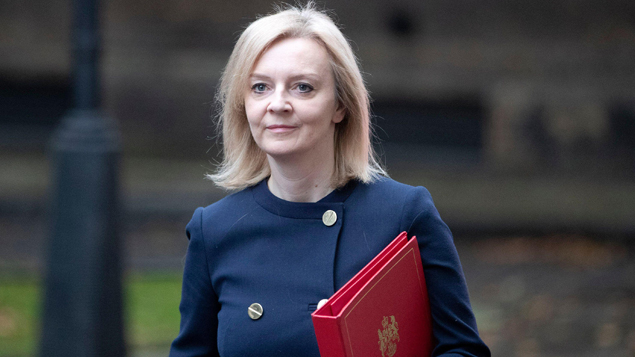[ad_1]

joshua bratt / Alamy Stock Photo
Minister for women and equalities Liz Truss has urged employers to ‘normalise’ flexible working to help maintain equality and reduce regional inequality as the UK recovers from the Covid-19 pandemic.
Her call comes as job site Indeed and the Behavioural Insights Team revealed the results of the second round of a government-backed study into whether the inclusion of prompts to include flexible working options in job adverts help increase the number of jobs being advertised as flexible.
Truss said: “Making flexible working the norm, rather than something employees have to specially request, will help open up opportunities to people regardless of their sex or location.
“The fact is that for many jobs there has been a closed shop, requiring people to live in high-cost accommodation close to the centre of cities or maintain working arrangements that are very hard to combine with family or other responsibilities.
“We now have the chance to break down that door and boost opportunities for everyone.”
BIT analysed more than 780,000 jobs postings on Indeed.co.uk by 100,000 employers and found a 20% increase in the number of flexible working roles being posted after recruiters received a “nudge” to clearly advertise flexible working capabilities.
It also looked at almost 20 million job applications and found that roles with clear flexible working options could attract up to 30% more candidates than those that did not.
The results of the second part of the study echo the results seen in the first round of analysis, which was published last year.
Indeed estimated that if such nudges were adopted on its site alone, more than 174,000 flexible jobs could be added to the economy each year.
Deepa Somasundari, senior director of strategic projects at Indeed, said: “We constantly test our products and use those learnings to build a more equitable system for those looking for work and in doing so make the hiring process fairer. Our work with the Behavioural Insights Team led us to make changes in the UK and internationally that help fulfil our mission of helping all people get jobs.
“We know people value flexible work opportunities and as a result of the pandemic, there is increasing expectation that jobs are designed with this in mind. For employers, this means reconsidering the notion that flexible work is a benefit and instead acknowledging it as a better way of working that could positively impact the lives of women and therefore society as a whole.”
The study tested the impact of introducing a prompt in the job listing template on Indeed, which gave employers the option to advertise jobs with a choice of flexible working options.
They were presented with nine different options, ranging from flexitime to job sharing. The options selected were then listed in their job posting.
The second round of testing looked at the impact of additional prompts that reminded recruiters that employees in the UK have a legal right to request flexible working and that both men and women desire flexible working.
[ad_2]
Source link





